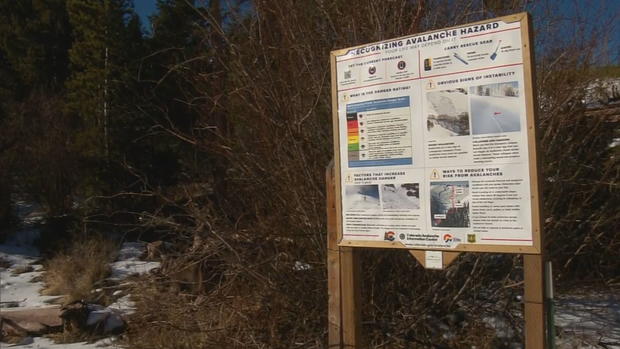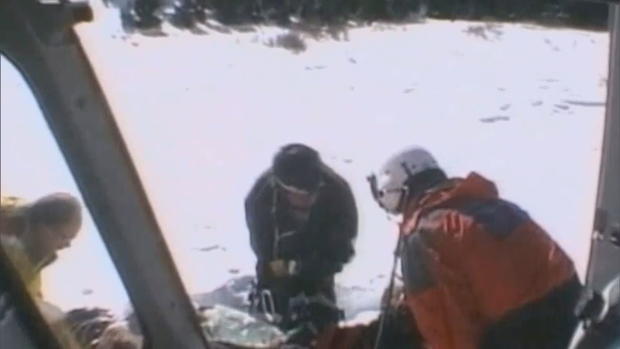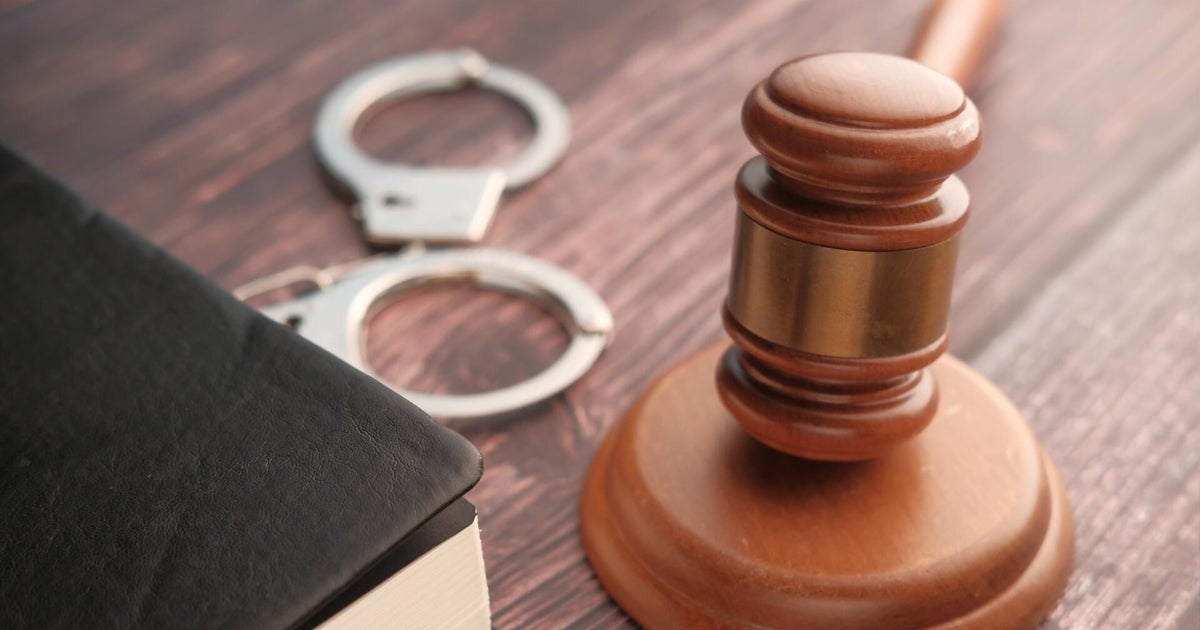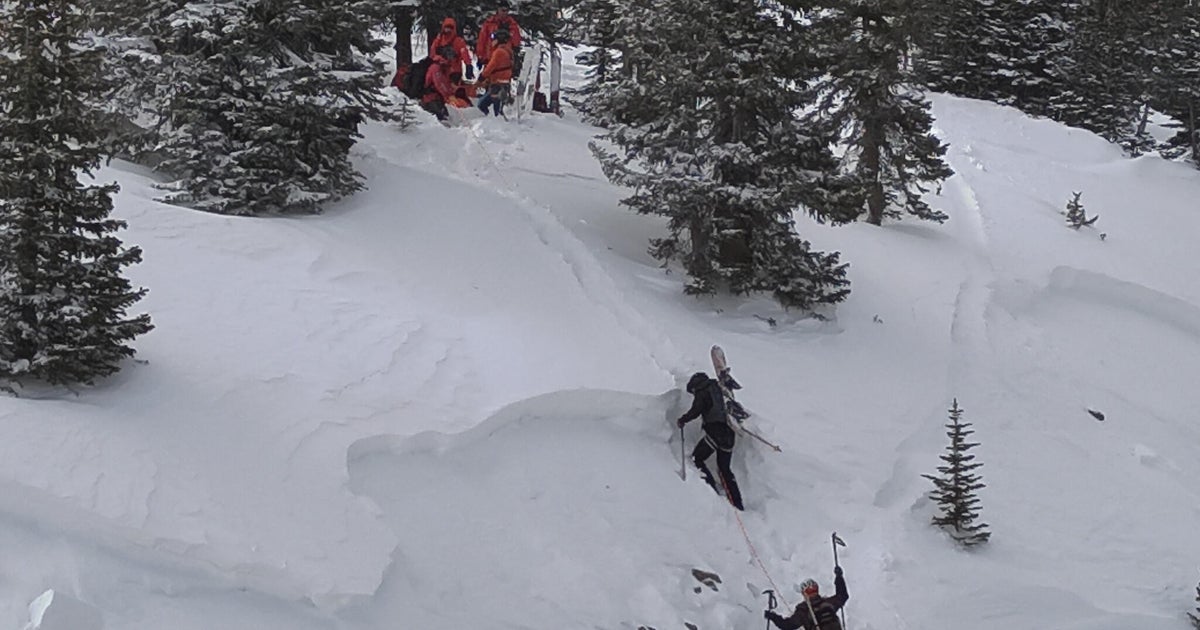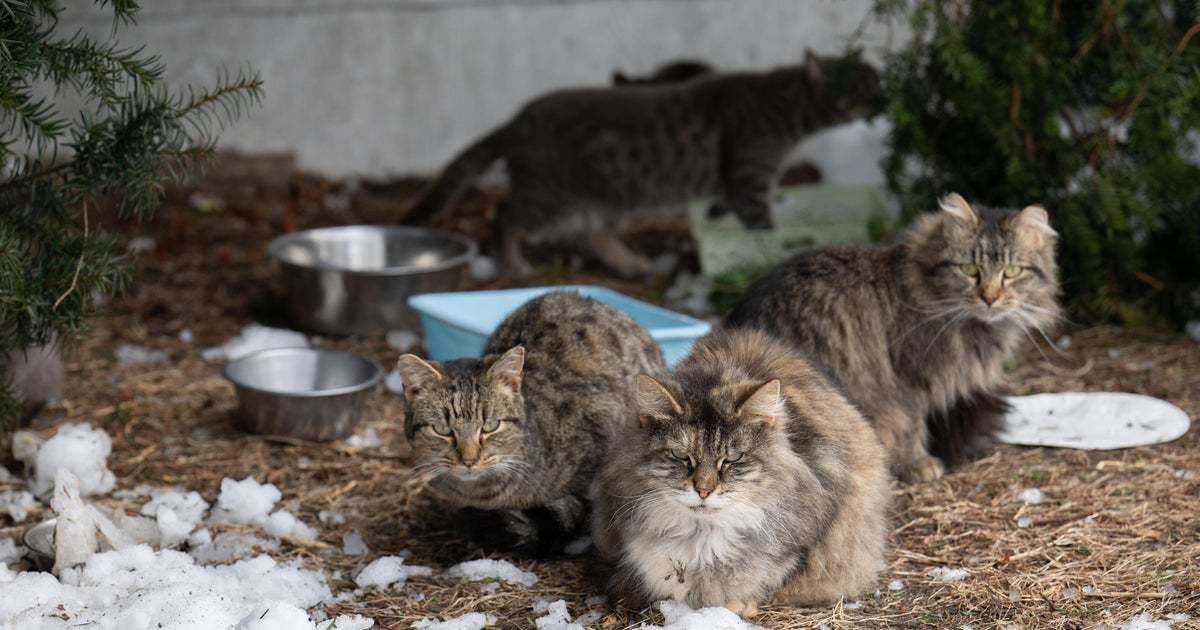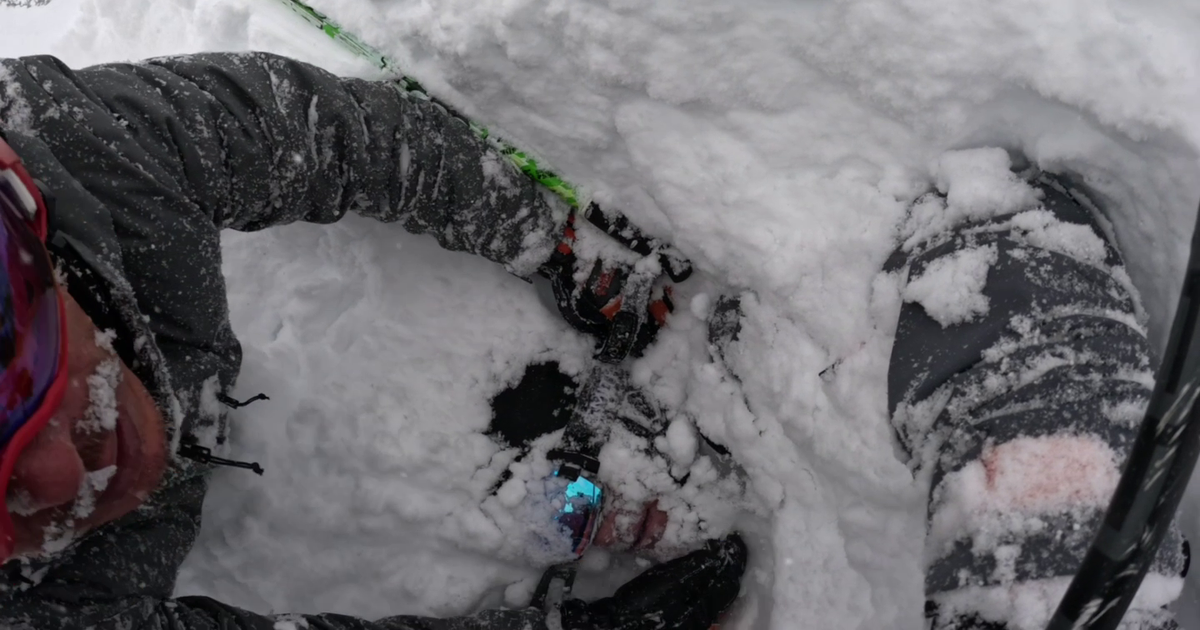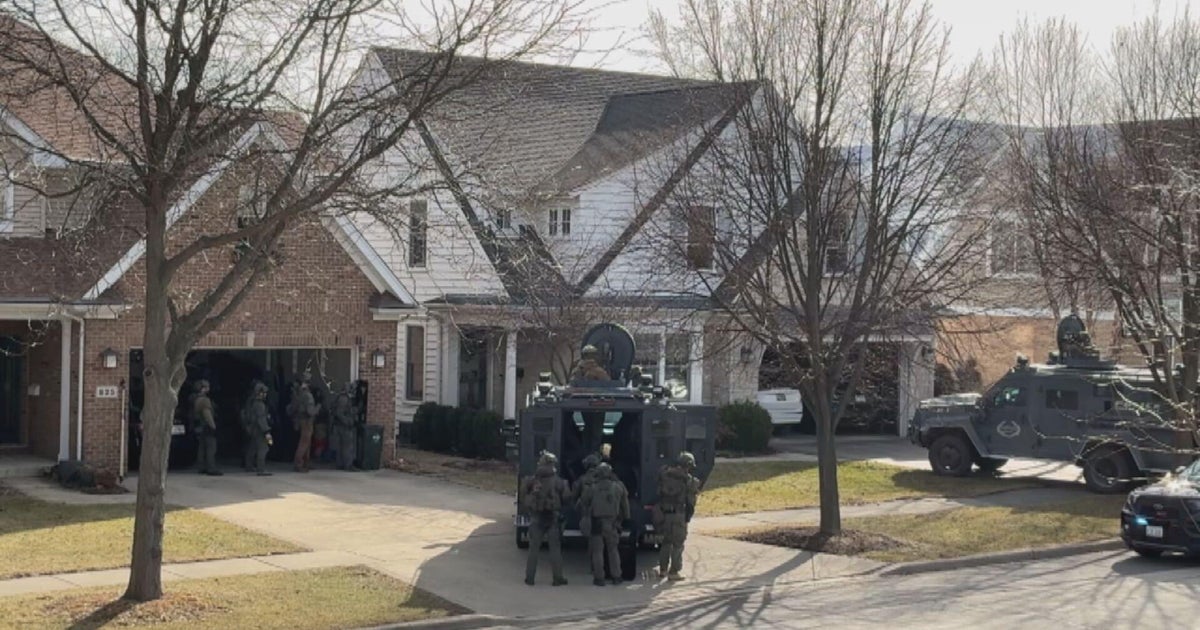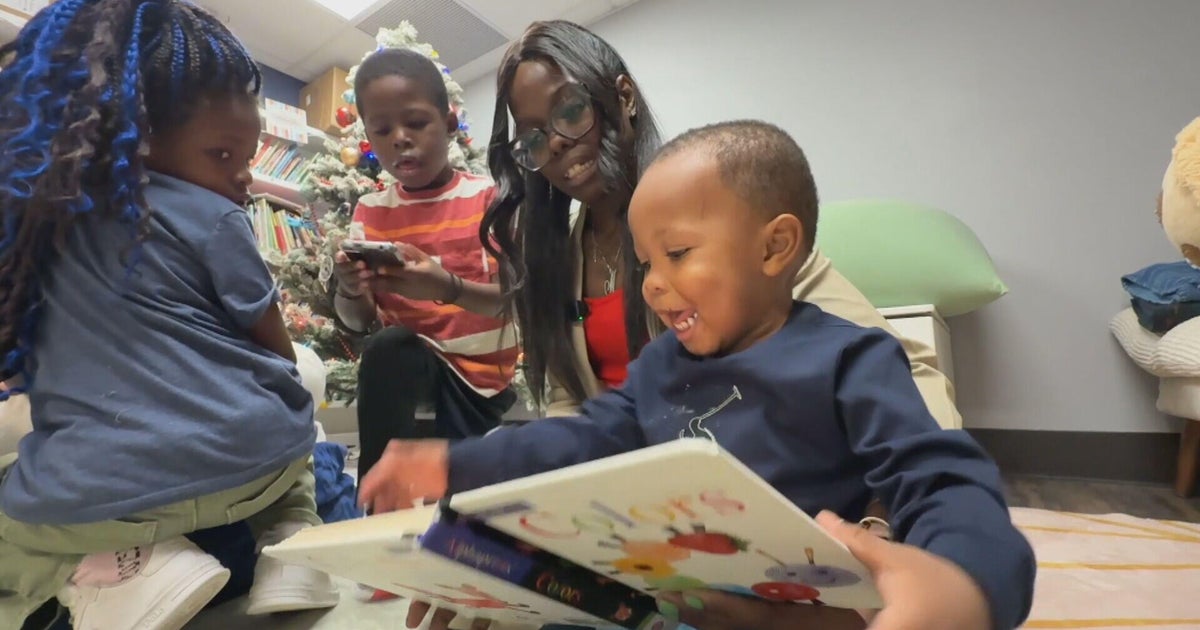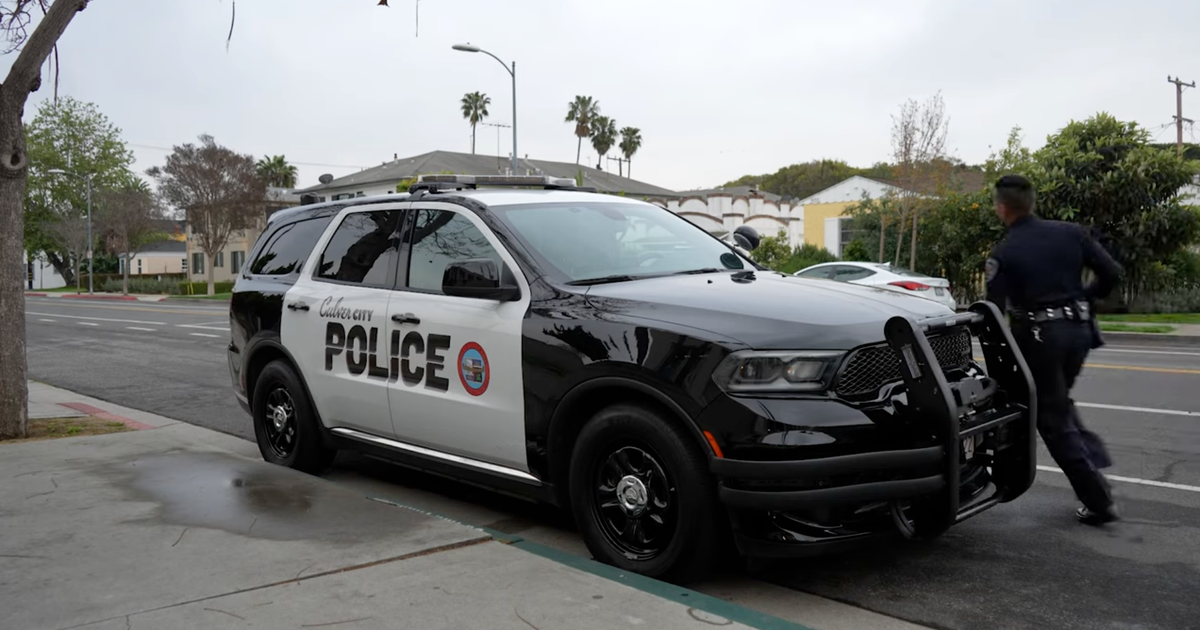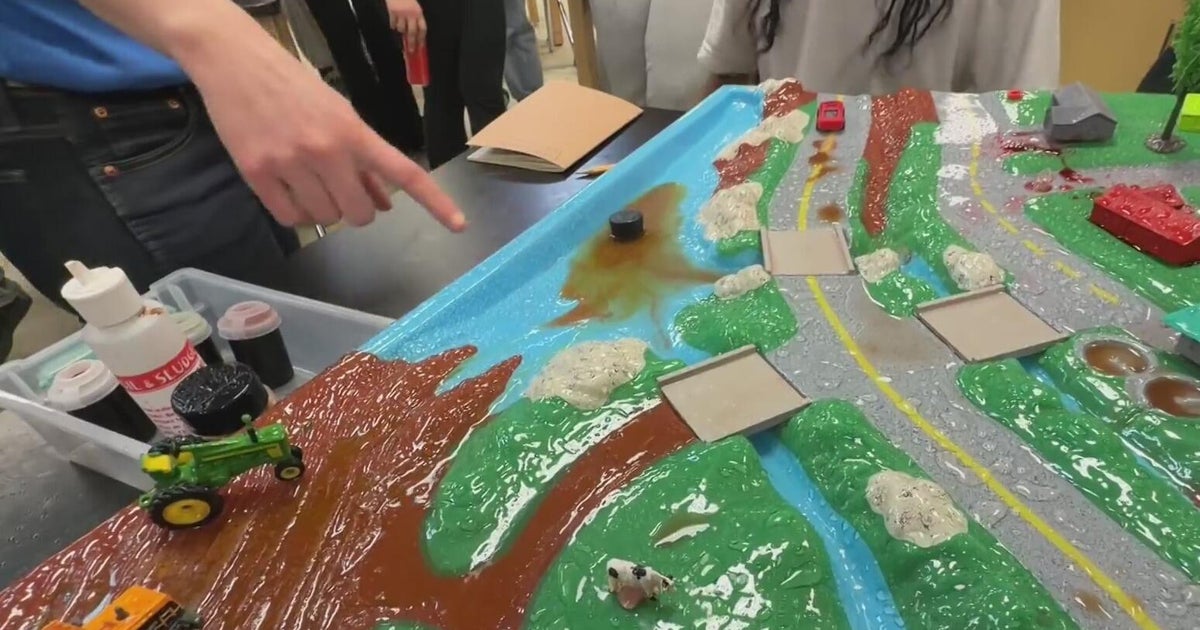Backcountry Campaign Launches As Rescue Teams See Large Jump In Calls
SUMMIT COUNTY, Colo. (CBS4)- Around this time of year, the Colorado Office of Tourism would normally be pouring marketing funds into attracting visitors to ski. Instead, it's putting those funds toward a new campaign aimed at backcountry safety.
It's a response to the increase in backcountry users. On Monday, Gov. Jared Polis declared this week, Winter Backcountry Safety Awareness week. It's part of a four-month-long campaign encouraging backcountry users to take a pledge to balance safe outdoor recreation, with mindful conservation.
"We've seen a huge increase in search and rescue calls in most of the counties this year, mainly due to more people getting into the backcountry because of COVID," said Anna Debattist.
With restrictions at ski resorts, rescue groups don't anticipate the busy year will slow down anytime soon.
"It may turn into a lot of rookies to the backcountry. In fact, we know that it's turning a lot of rookies to the backcountry because the retailers are telling us 'Our sales are up. We're selling a lot of equipment to people with no experience,'" she said.
Debattist works for the Colorado Search and Rescue Group as well as the Summit County Rescue Group. She says the campaign is crucial, as resources for rescue groups are stretched thin.
"There are some teams reporting a 200 or 300% increase in mission load this summer," she said.
The Colorado Search and Rescue Association is responsible for coordinating additional resources for rescue teams. Last year, it received just over 80 calls for additional resources and this year so far, Debattist says it's had around 130 calls.
"Some calls, where we were calling other teams asking if they could help a team that needed more people, couldn't get anyone to go help them because they were so busy with their own calls. So that's a concern."
It's why the campaign is personally important to her. She not only knows the impact backcountry accidents can have on rescuers, but on victims as well.
In 2004, CBS4 was working with flight for life when they were dispatched to an avalanche near Herman Gulch, East of Loveland ski area.
A friend of Debattist was caught and severely injured.
"She came to visit me at Craig once a week for a couple months as kind of like, my jail break," said David Benson.
Benson, who was 32 years old at the time, was skiing with four others. He was relatively new to the sport but had taken a class and was eager to get out.
"It was kind of that, yeah I took the class, I know what I'm doin' let's go out and get some backcountry turns," he said.
That was his first mistake.
"What I didn't really respect was that the avalanche forecasters aren't really looking at the forecast for that weekend they've been looking at it all season long," Benson said. "It's not just 'hey we just got three inches of snow, let's go ski it,' it's what has been happening before this most recent snow. You really need to worry about the snow that's all the way down through the layers."
Benson said another mistake he made was not listening to the concerns of others in his group.
"Our mistake was not respecting kind of the concerns that members of the group had. If we had kind of thought through that, and listened to it more we might hopefully, I would have made a different decision and not crossed that slope."
Benson crossed an unstable slope with another member of the party when the avalanche broke above them. He was almost fully buried, his friend partly.
"She was trapped up to mid-waist, and she could see me about 50 feet away, dug herself out really quickly, ran over to me and turned me over and that was about the time that Doug got to me, and they're like 'wait a minute, Dave is not breathing.'"
Dave suffered multiple injuries, including one to his spinal cord which left him paralyzed.
"My message is not, don't go in the backcountry. It's go into the backcountry and be safe and be aware that bad things can happen. I'm not saying that they're going to happen but just really, be safe."
For Debattist, the concern is others, like Benson, will be too eager to get out and lack the skills and insight needed to turn around when things look bad.
"So, taking one class and thinking you're all set, and you know it all, that's a concern," she said. "We do have a very unstable snowpack in Colorado, and so we want people to understand how it's different. We want them to go take a level on avalanche course, we want them to get an avalanche transceiver and probe and shovel and learn how to use them."
Part of the campaign pledge encourages first-time visitors to the backcountry to complete safety training and hire a certified guide if they do not possess the skills to safely explore the backcountry.
"We're concerned about crowding. Too many people at a particular trailhead, parking issues people not respecting the land, littering, or interfering with wildlife," said Debattist.
It's an effort to not only minimize harm to individuals and rescuers, but to the land as well.
Colorado Parks and Wildlife, Colorado Tourism Office, Office of Outdoor Recreation Industry, Colorado Avalanche Information Center and Colorado Search and Rescue Association developed the backcountry safety pledge along with an educational resource that can be found online.
LINK: Backcountry Pledge
